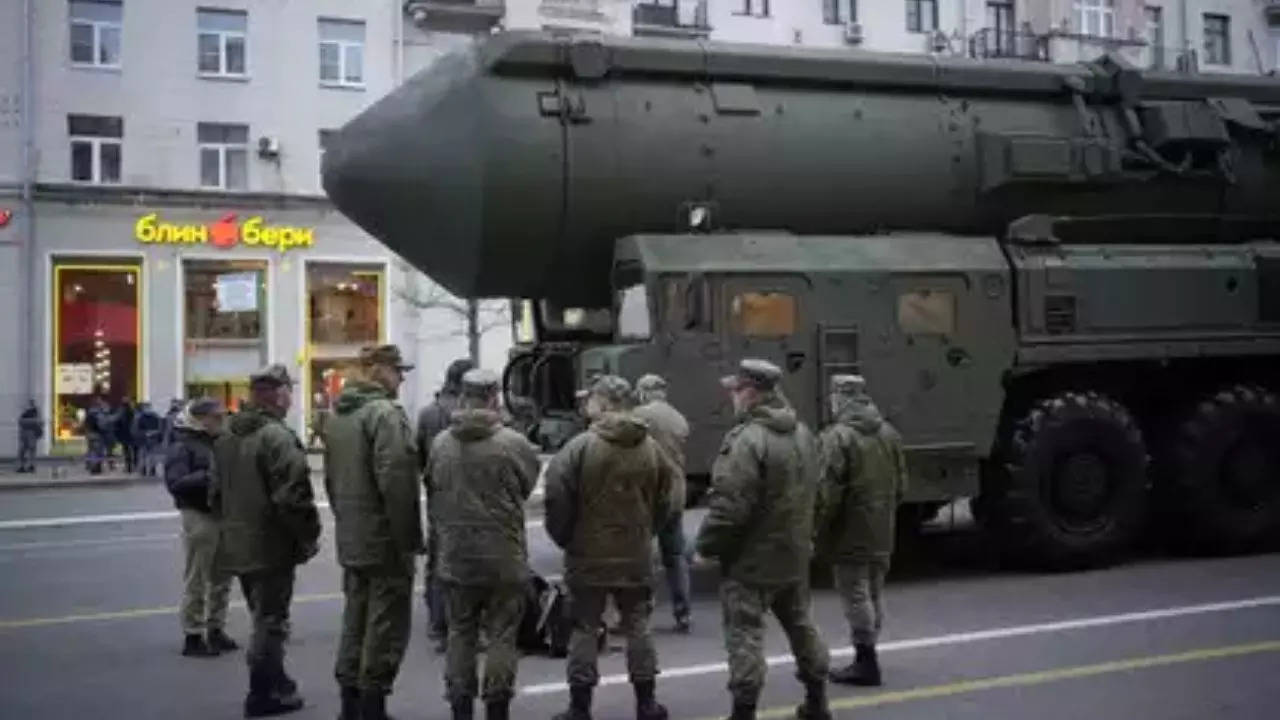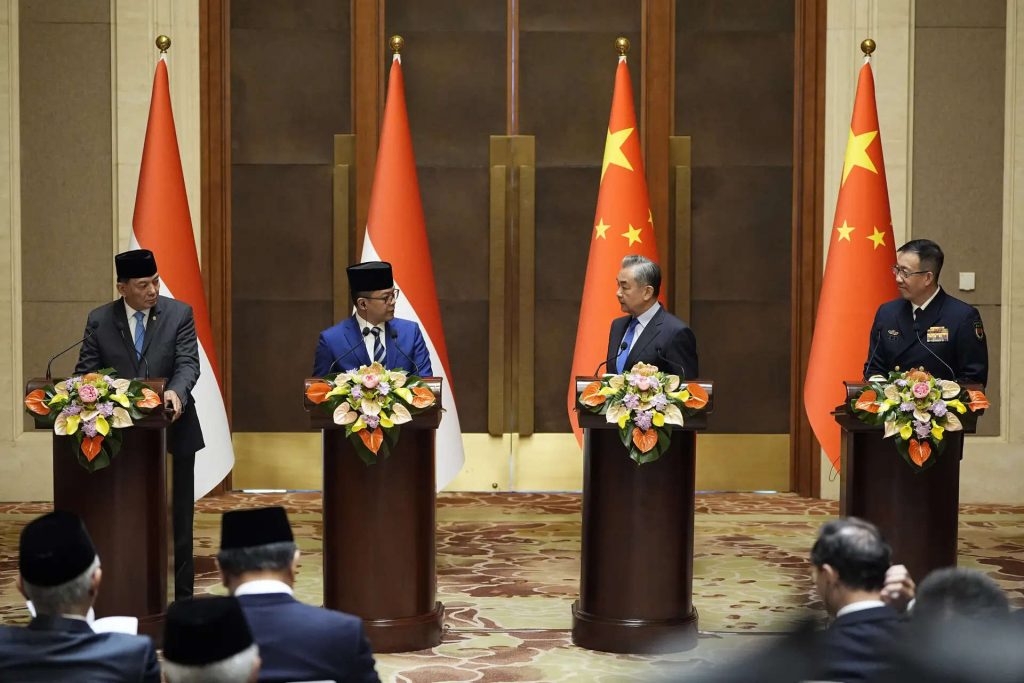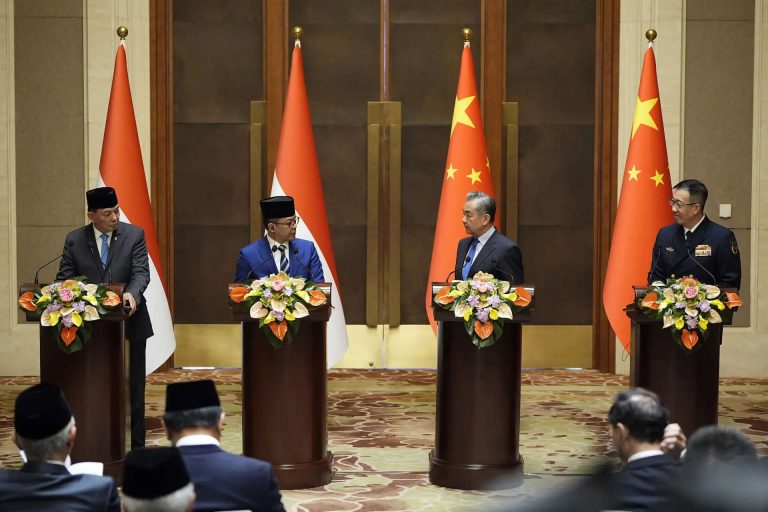After the fall of the Soviet Union, Ukraine inherited a significant nuclear stockpile. However, due to financial burdens and geopolitical risks, Ukraine decided to relinquish its nuclear weapons. The 1994 Budapest Memorandum was supposed to provide security guarantees to Ukraine, but these proved to be unreliable when Russia annexed Crimea and supported separatists in Ukraine. The current Russia-Ukraine conflict underscores the vulnerabilities of Ukrainian security without nuclear deterrence. This situation has raised concerns about Ukraine’s ability to defend itself effectively. The decision to give up nuclear weapons has left Ukraine exposed to external threats, highlighting the importance of strong alliances and international support. The need for a robust security strategy has become more apparent in the face of ongoing tensions with Russia. Ukraine continues to navigate a delicate balance between asserting its sovereignty and managing the challenges posed by its powerful neighbor. As the conflict in Eastern Europe continues to evolve, the international community closely watches the developments in the region. The implications of Ukraine’s nuclear disarmament resonate beyond its borders, serving as a cautionary tale for other countries considering similar decisions. In the complex landscape of global politics, Ukraine’s experience serves as a stark reminder of the enduring significance of nuclear capabilities in ensuring national security.

Posted in
JUST IN
Ukraine’s Decision to Give Up Nuclear Weapons Haunts as Russia Conflict Unfolds: Analysis
In Trend

“India’s COVID-19 vaccine drive expands to include citizens aged 45 and above, boosting nationwide immunization efforts”





















